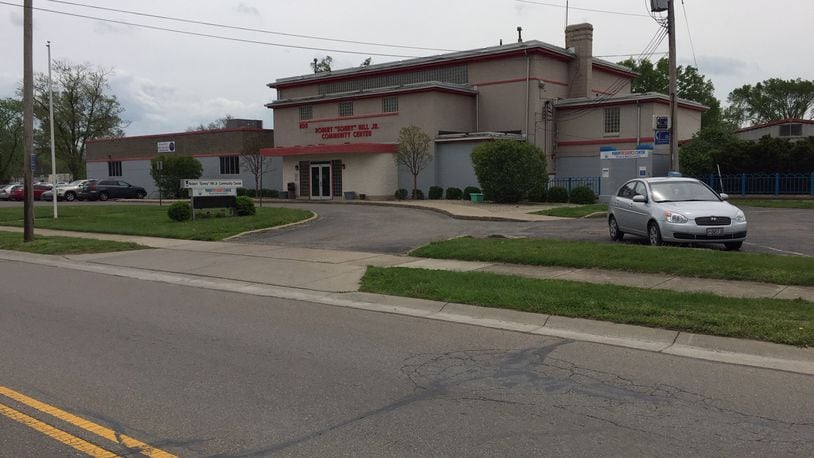In that agreement, the port authority would issue up to $500,000 in Ohio Communities Accelerator Fund bonds for the city. The city would pay off those bonds with proceeds from an assessment added to the property tax bill for the building, which the city owns.
It would be Middletown’s and the port Authority’s first time using the state’s Property Assessed Clean Energy financing.
PACE is an assessment program for infrastructure, capital improvements and repairs to repay the bonds.
Middletown approved PACE program and the city’s Energy Special Improvement District in December 2017 to take advantage of these funding mechanisms to help spur development.
Officials have described the PACE program as being similar to city sidewalk repair programs in which property owners can pay to repair their sidewalks before a set deadline or the city will make the repairs and assess the property owner, usually over five years through their property taxes.
The city owns the facility at 800 Lafayette Ave., which is operated by the Community Building Institute and provides various types of community programming. In the operating contract, the city is responsible for any maintenance to the building of more than $2,500. However, there have been concerns have been raised about problems with the building’s roofing and lighting.
MORE: 9 projects that are changing downtown Middletown for the better
City Manager Doug Adkins said the PACE project financing would be used for capital repairs at the community center and will only finance what is needed for the project. In addition, it will serve as a demonstration project for city’s Economic Development Department to show prospects and existing businesses how the PACE process works.
Officials estimate the five planned upgrades to cost about $390,000. That cost includes about $298,000 for construction and abut $90,000 in financing costs. The city would have 10 years, starting in 2020, to repay the assessments through the PACE program.
The improvements planned include:
- Converting remaining interior and exterior lighting to LED lighting and fixtures.
- Updating HVAC controls that include low-voltage programmable thermostats to allow night and weekend setback temperatures for the four furnace/AC units and a new thermostat to control electric resistance baseboard heating.
- Installing eight new LED parking lot lights with new poles.
- Correcting a drainage problem from the roof to facilitate storm flow away from the entry roof to landscaping or storm drain.
- Repairs to the roofing and gutters.
About the Author
